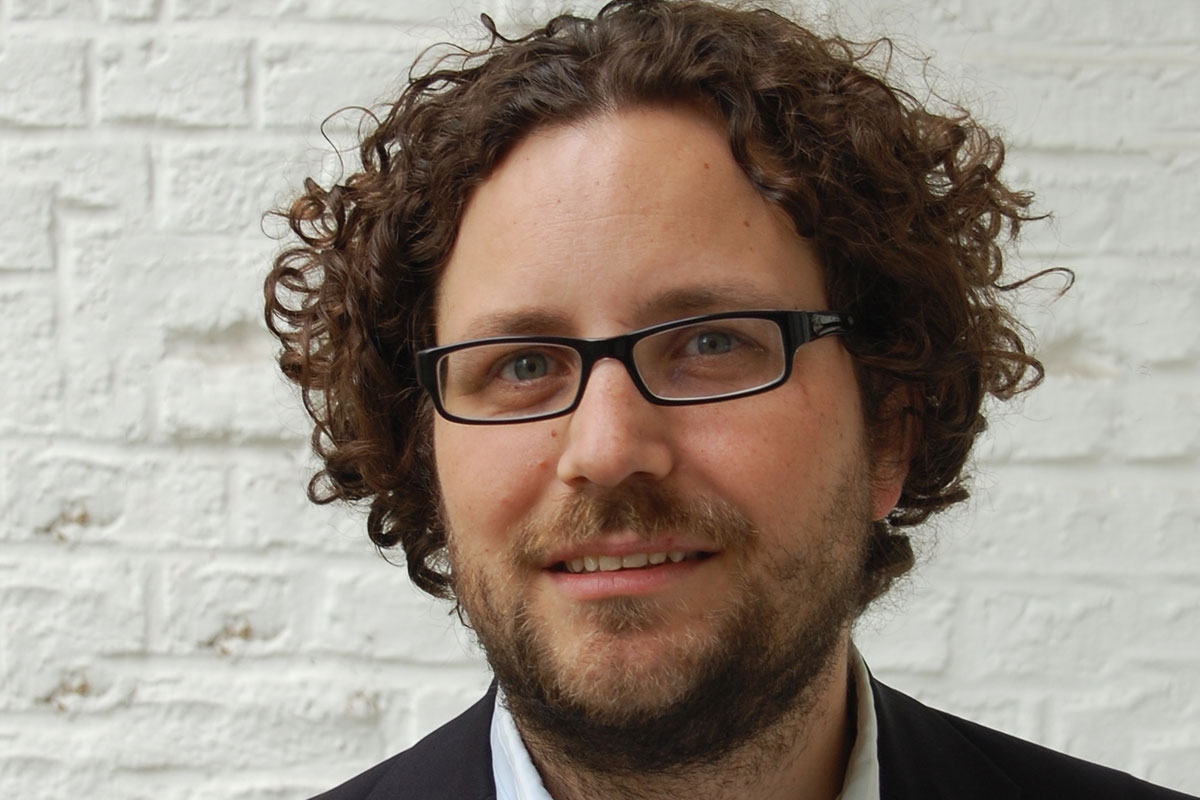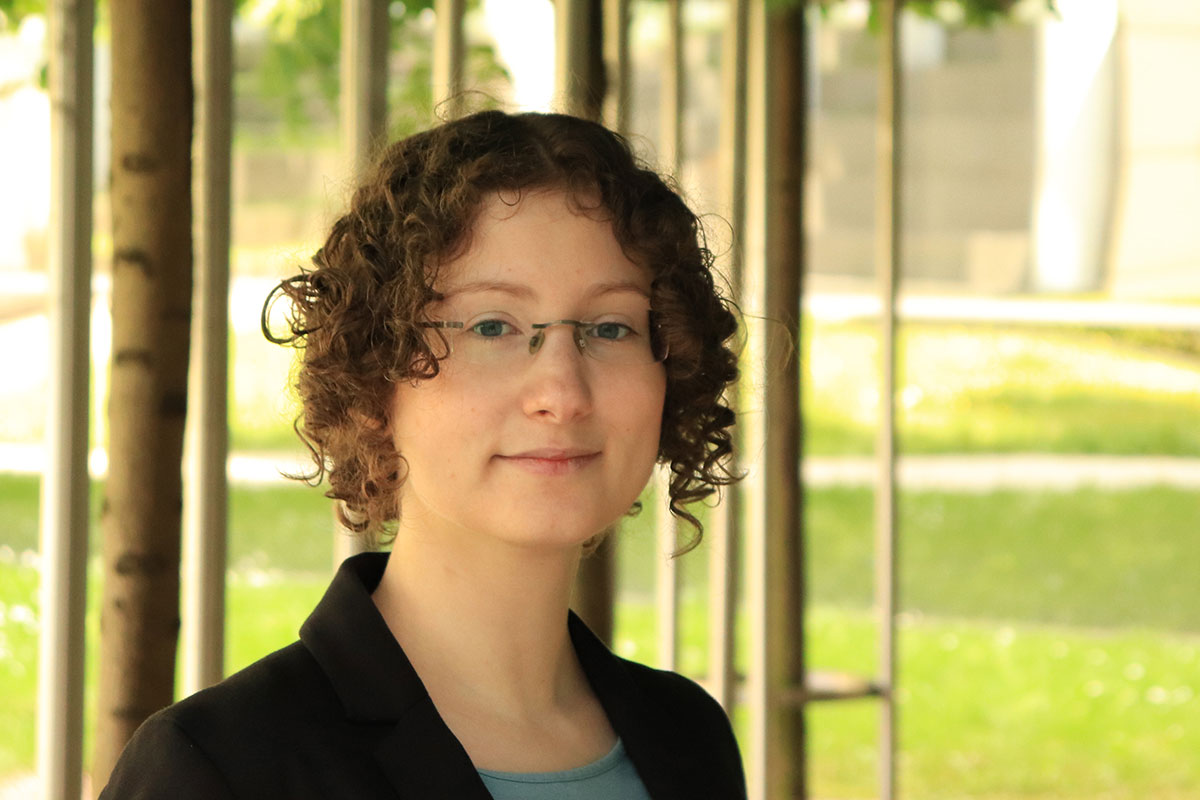Morality is not Absolute But Relative: Comparison Processes and Moral Behavior
Researchers
Joris Lammers • Adam Galinsky • Alexandra Fleischmann • Dirkje Pril
Description
Although people quickly realize that many judgments are relative, they find it hard to accept that their moral judgments are also relative. When it concerns morality, people feel that their judgments are absolute and independent of time or context. Moral thinking is classified as a qualitatively different, more absolute form of cognition. In the current project, we aim to dispel this intuition and intend to demonstrate that moral cognition is equally affected by comparative thinking as any other form of cognition. We do so by looking at how people’s reaction to moral standards depends on their comparative orientation, how comparison processes increase or decrease escalations of injustice, and how processes of feature selection shape the influence of moral standards. Together these three parts aim to demonstrate that moral thinking is essentially comparative. As such, moral thinking is not fundamentally different from other forms of cognition, but extraordinarily similar.
Contact
Contact

Universität zu Köln
Sozialpsychologie I
Richard-Strauss-Str. 2
50931 Köln | GERMANY
Telephone +49-221-470-6126
Fax +49-221-470-1216
E-mail joris.lammers(at)uni-koeln.de





